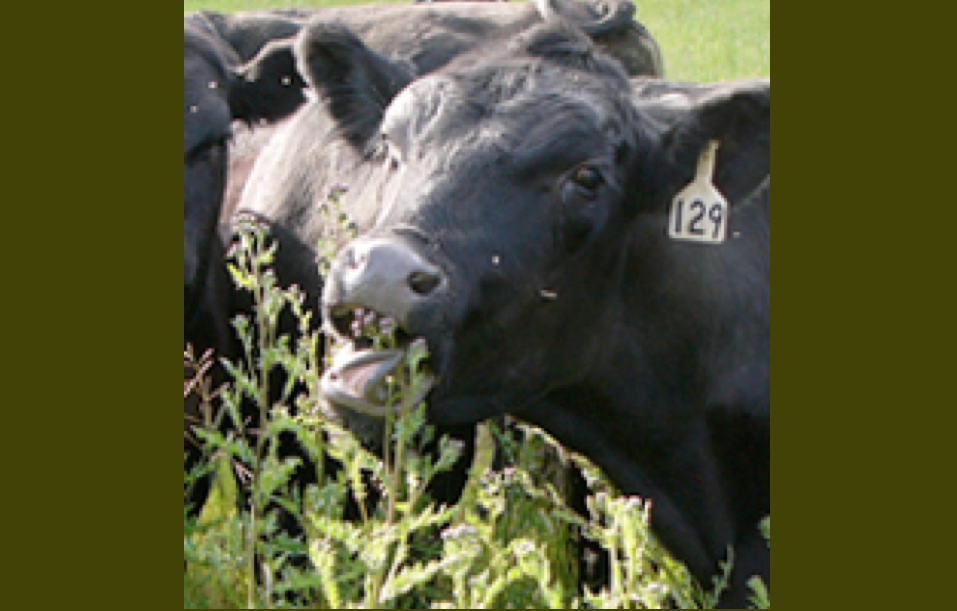
by radiocafe | Feb 5, 2019 | Down to Earth, Environment, Food & agriculture
The science of farm and rangeland is often incomprehensible to the people on the land. We talk to On Pasture magazine founder Kathy Voth, whose mission is to make science accessible to people who need it–and to help keep them from being bamboozled by the latest agriculture fads.
Learn more …
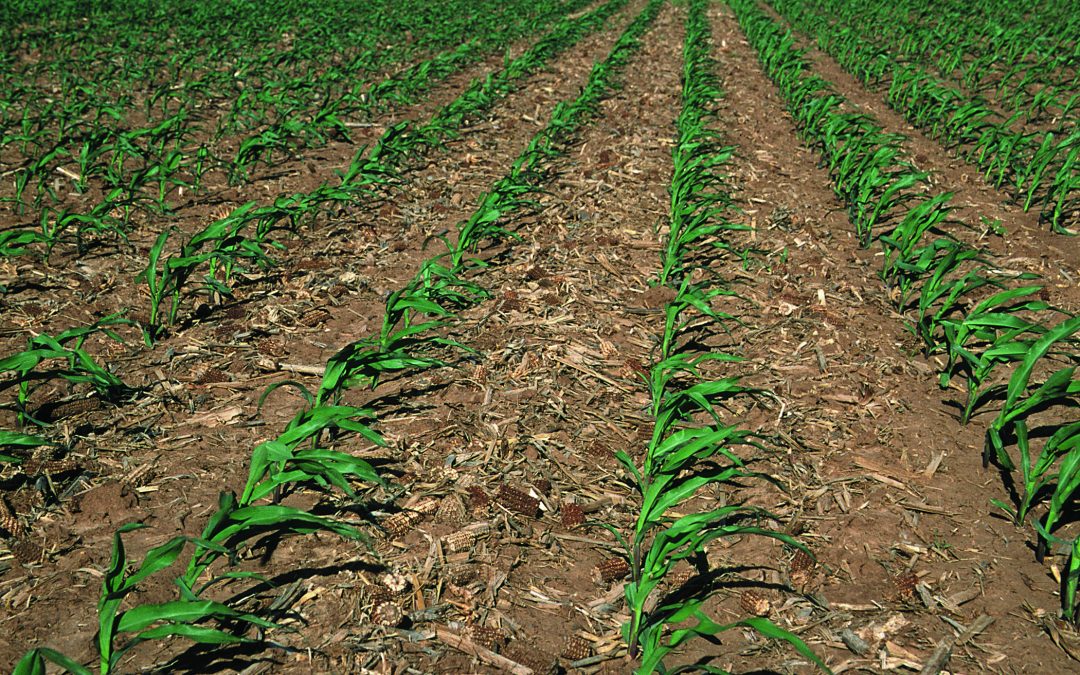
by radiocafe | Jan 22, 2019 | Down to Earth
Research scientist David Johnson from New Mexico State University tells us. He’s a leading soil scientist, and he knows what we need to do to reverse soil loss patterns–and what the many benefits are to restoring healthy soil on farms and rangelands.
Learn more …
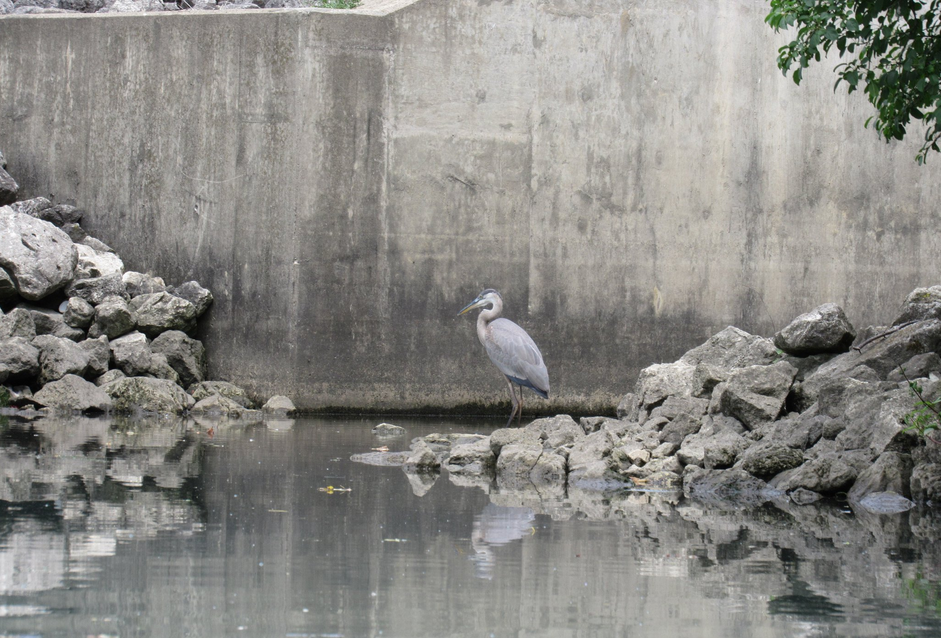
by radiocafe | Dec 26, 2018 | Down to Earth, Environment, Food & agriculture
Gavin Van Horn‘s new book, The Way of Coyote: Shared Journeys of the Urban Wild, reflects on the relationship between the city and the land surrounding it.
Learn more …
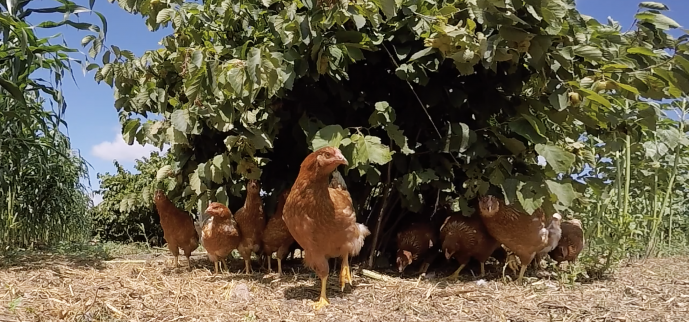
by radiocafe | Dec 11, 2018 | Down to Earth, Environment, Food & agriculture
Reginaldo Haslett Marroquín‘s team observed chickens for a year before engineering a prototype for an efficient and humane poultry farm. Equal parts indigenous wisdom and industrial design, they’ve created a scalable model that can be adapted to virtually any place on earth.
Learn more …
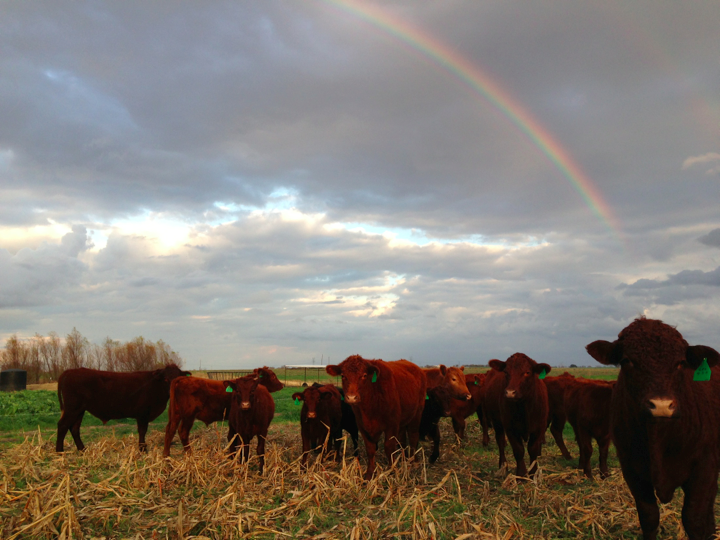
by radiocafe | Nov 27, 2018 | Down to Earth, Food & agriculture
Jonathan and Kaylyn Cobb found a healthier way of farming when they rejected industrial methods and embraced regenerative practices. They tell the story of restoring degraded land through trial and error–and a big paradigm shift.
Learn more …
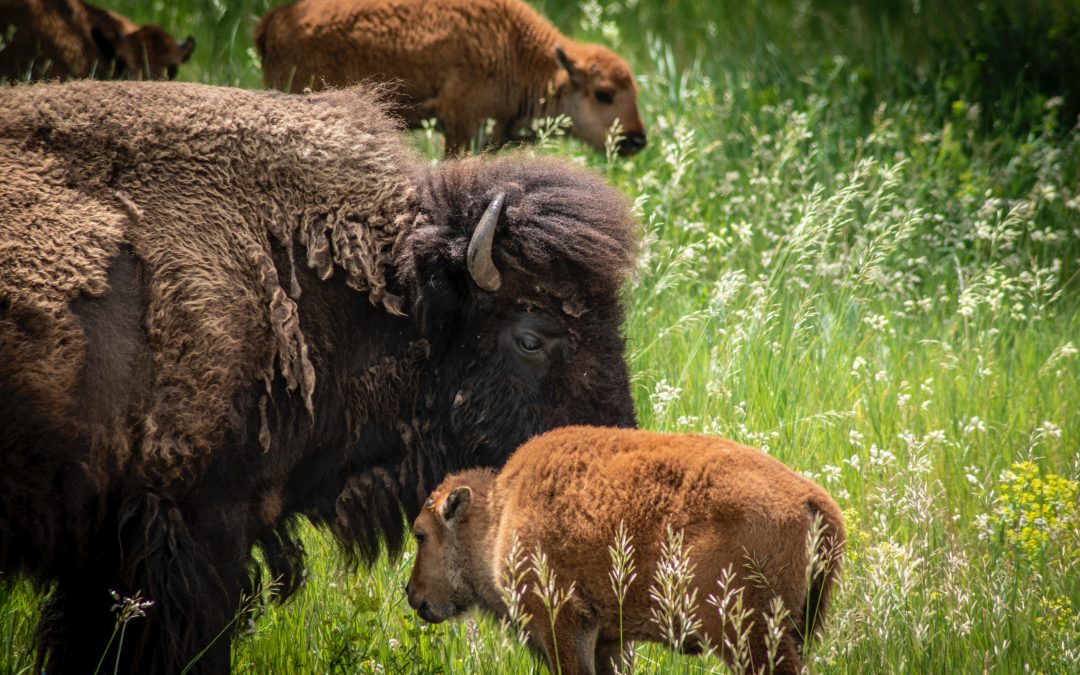
by radiocafe | Nov 13, 2018 | Down to Earth, Food & agriculture
How do food companies make products that use regeneratively-produced animals? How do they work with ranchers, and how do they tell their story to customers? We talk to Gina Asoudegan of Applegate Natural and Organic Meats and Katie Forrest of Epic Provisions.
Learn more …
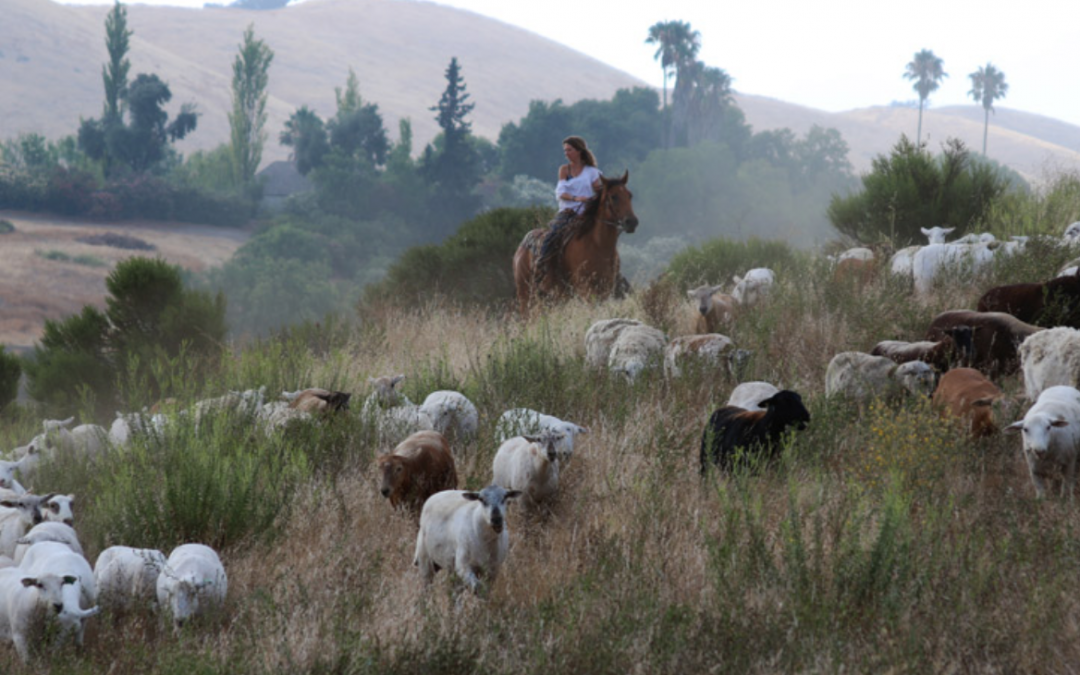
by radiocafe | Oct 23, 2018 | Down to Earth, Food & agriculture
Why is it that so many investors want a healthy planet and a sustainable food system, but aren’t actually putting dollars into it? Rancher-investor-philanthropist Sallie Calhoun tells us — and offers a different model.
Learn more …
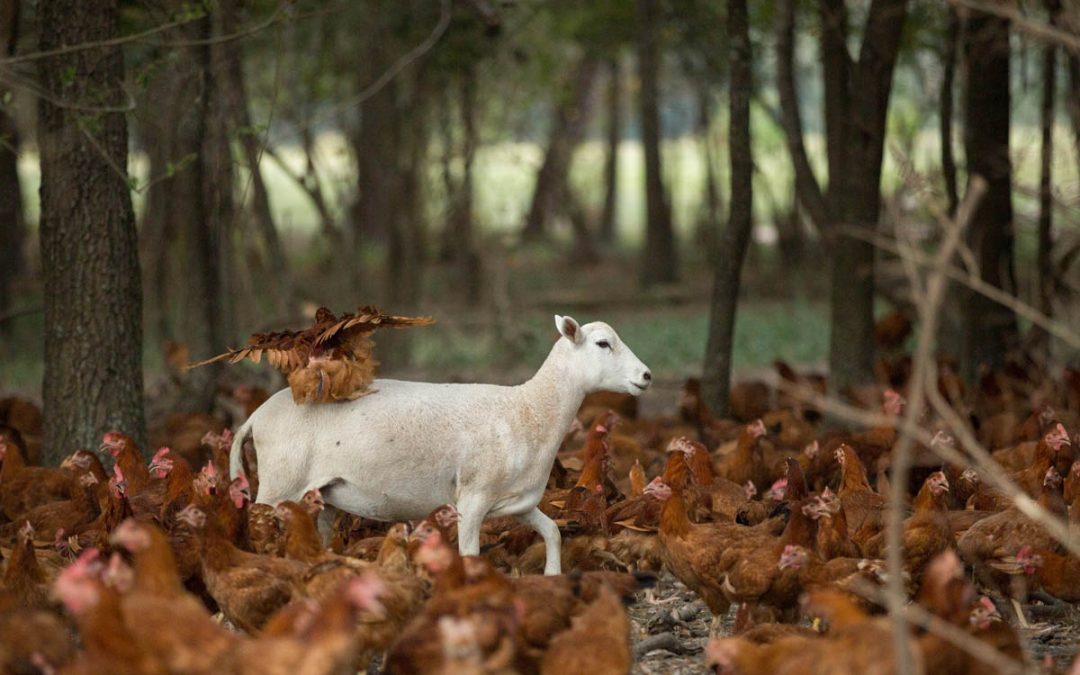
by radiocafe | Oct 9, 2018 | Down to Earth
Sixth-generation farmer Will Harris has led his farm back to its 19th century roots — and built on that to create a closed-loop, no-waste farm using regenerative practices and revitalizing their small Georgia town in the process.
Learn more …
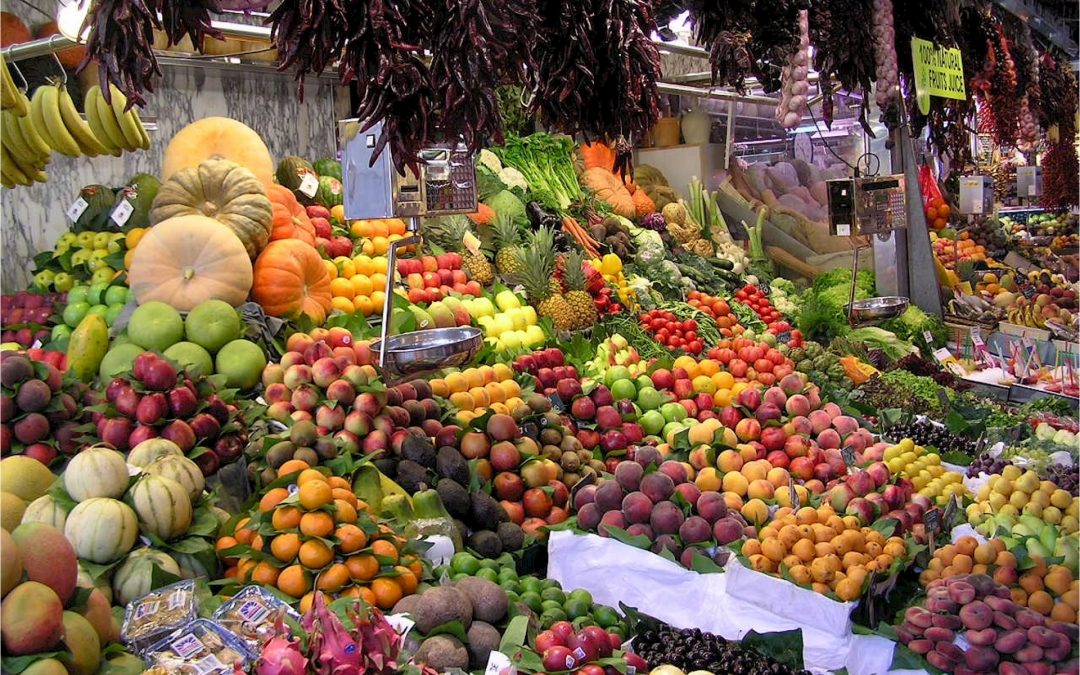
by radiocafe | Sep 25, 2018 | Activism, Down to Earth, Food & agriculture
We hear daily that our nation is “polarized.” But there are important areas of collaboration and common ground that are happening under the radar. MacArthur genius Gary Paul Nabhan‘s work brings together environmentalists and food producers — with exciting results.
Learn more …
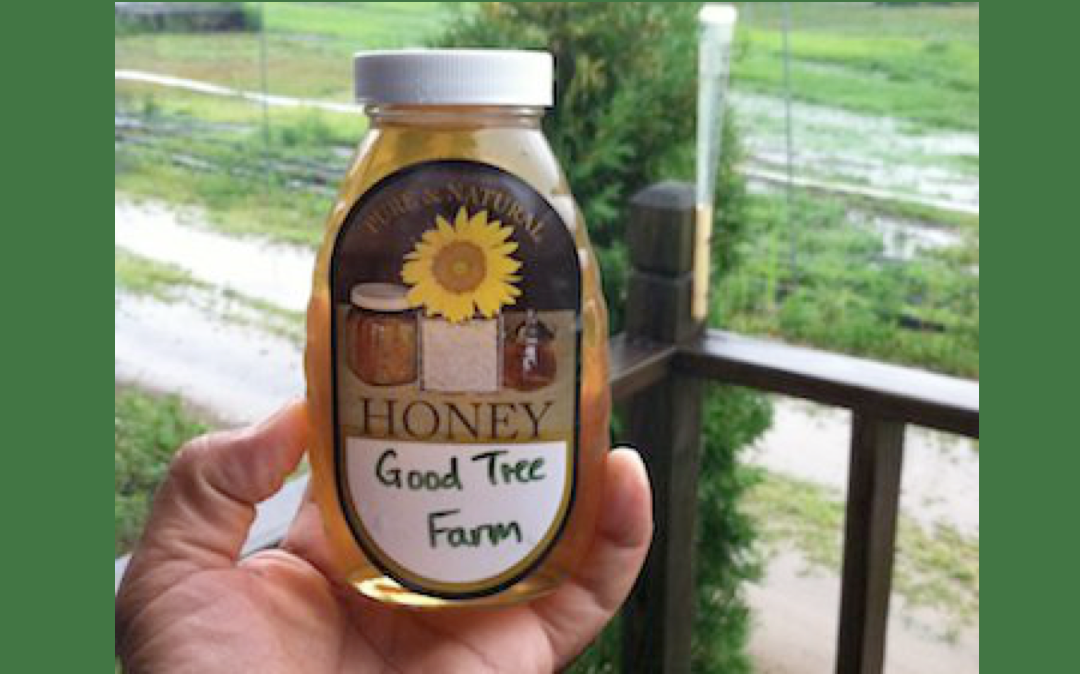
by radiocafe | Sep 11, 2018 | Down to Earth, Food & agriculture
Dr. Hisham Moharram brings together scientific training and religious faith. He’s put together a community of farmer-entrepreneurs that serve their local area and provide a model for community agriculture in other parts of the country.
Learn more …










